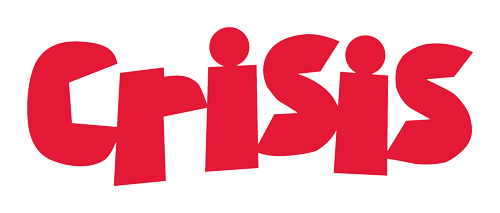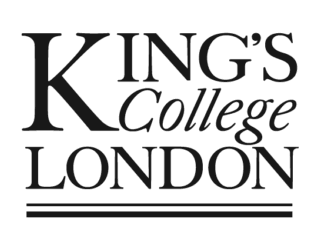Preparing for Cross-Organisational Transformation: CRISIS
The challenge:
Crisis has grown exponentially and ongoing success has meant a lack of time and focus on internal capabilities, technology and data. Like many charities, it’s fallen behind and become limited in the personalised and relevant experiences it can offer to its audiences, with the largely off-line product offering means they are missing opportunities to engage more effectively for a greater impact. With outdated technology and processes, and increasing expectations from stakeholders, staff were becoming overwhelmed, stuck in a loop of expectation management and underdelivering.
Enter COVID, and many beneficiaries and a wealth of volunteers expect to engage digitally, meaning the need to strategically align on how the Charity needs to change and invest in the digital, data and technology increased in urgency.
What we did:
Embedded ourselves within the organisation, driving a team of change-leaders to shift the mind-set to audience-led, setting out audience visions, change roadmaps and a strategy for change rooted in organisational priorities and needs. We did this by facilitating face to face and virtual workshop events, bringing together board members, managers and subject matter experts, to identify how thinking differently about digital, data, technology could accelerate impact and growth.
Working with the Director of Corporate Services, we are leading business planning workshops to build new capabilities and initiatives into organisational plans to ensure deliverable and sustainable improvements.
We designed a refreshed target operating model that put future-facing capabilities at the heart of delivery and ensured the right space and capacity for strategy, new thinking and innovation.
We designed a change programme leadership and model which builds dedicated capacity into the organisation and reduces the reliance on short term, external, consultancy support (including ourselves!)
The outcome / results:
We helped to shift the organisation to a strategic focus, and Crisis is now working towards a shared vision and goals, with full commitment and support from the leadership team. A shared cross-organisational prioritisation approach, means we are able to ensure the right focus on fixing the foundations, day to day support, delivering projects, innovation and change, and cultural transformation.
By investing in digital products and services, strategic and digital marketing, our data strategy and management and technology evolution, Crisis are on track to revolutionising the experience they offer audiences.
With people actively and energetically working towards a shared vision and collaborating across teams to drive change, leaders and change-makers are better able to articulate how digital, data and technology – when done properly – will add value to the organisation and ultimately end homelessness sooner.
They are currently recruiting a Programme Director, who will lead the charge in embedding the new Target Operating Model, enabling more effective, scalable expert teams to respond, whilst driving empowered cross-functional teams with an increased ability to self-serve and co-design solutions with users.


